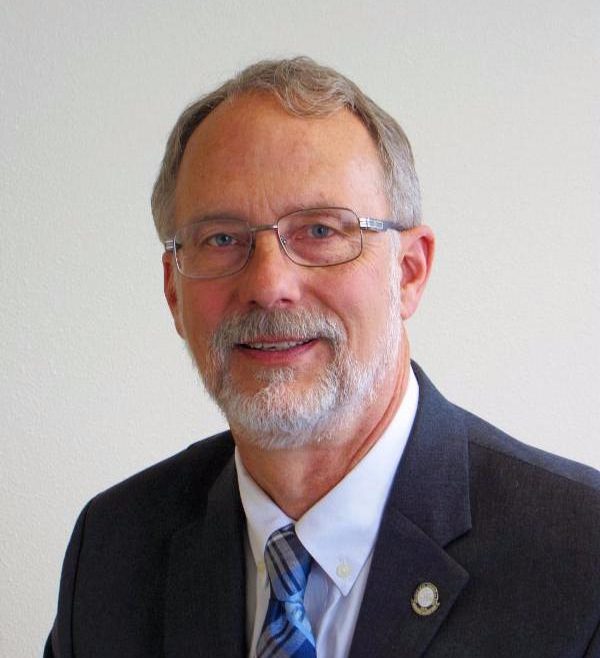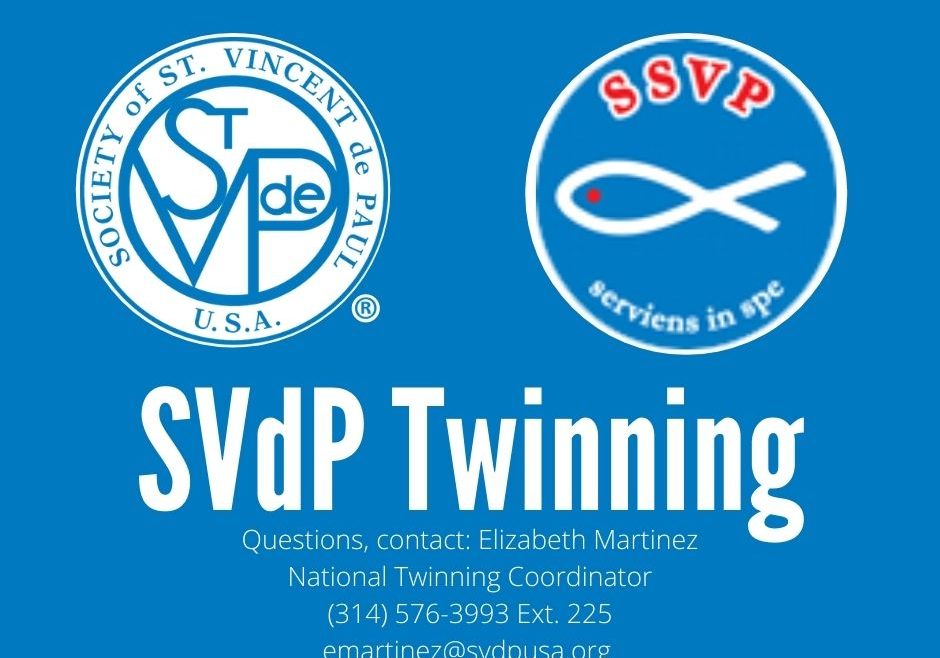By Pam Matambanadzo,
International Territorial Vice President – America 1
We have been receiving calls seeking some guidance on the situation in Haiti. Vincentians want to know if they can send funds to help. It is difficult to answer this without first giving some background to fully understand the magnitude of the reality on the ground.
Earthquakes and Hurricanes
Haiti has a tragic history of devastating earthquakes and hurricanes. The 2010 earthquake, in particular, left thousands dead, injured, and displaced. The country’s infrastructure was severely damaged, exacerbating existing vulnerabilities.
Hurricanes, such as Hurricane Matthew in 2016, have repeatedly battered Haiti, causing loss of life, destruction of homes, and disruptions to essential services.
Cholera Epidemic
In 2010, shortly after the earthquake, Haiti faced a cholera outbreak. The disease spread rapidly due to inadequate sanitation and limited access to clean water. Thousands lost their lives, and the healthcare system struggled to cope.
COVID-19 Pandemic
Like the rest of the world, Haiti grappled with the COVID-19 pandemic. The fragile healthcare infrastructure faced immense challenges in testing, treatment, and containment.
The pandemic exacerbated existing vulnerabilities, impacting livelihoods, education, and overall well-being.
Gang Violence: The Current Crisis
While natural disasters and epidemics have caused immense suffering, the gang-related issues in Haiti pose a unique and immediate threat.
Gangs control neighborhoods, extort businesses, and perpetrate violence. They hinder humanitarian aid distribution, making it difficult for organizations like SVdP USA to reach those in need. Violent gangs roam the streets, perpetuating fear and violence. They control local resources, including food distribution points. Civilians face danger while trying to secure basic necessities.
Unlike natural disasters, which eventually subside, gang violence persists, creating an ongoing cycle of fear, instability, and suffering. Residents fear for their lives, so they are forced to stay at home. Schools and businesses are closing.
Absence of Government
Haiti’s political instability has led to an ineffective government. The absence of governance has resulted in chaos, impacting essential services. Food distribution, security, and public safety are compromised. And this in turn led the US Embassy in Haiti to take precautionary measures, urging citizens to leave the island due to safety concerns. This closure disrupts communication channels and assistance for organizations like ours.
Haiti’s banking system faces uncertainty. SVdP must navigate this challenging financial landscape to manage funds transparently and ensure donations reach those in need. We need to reassure donors that we are fully considering the volatile situation. There is the uncomfortable reality that when we send aid to Haiti, it is unclear whether the funds are reaching those in need or whether have gangs infiltrated there (as they have done everything else).
We are asking for not only your patience as we try to find ways to work for the poor through these challenging times — but more importantly your prayers. We have had various twinning opportunities that have afforded us the ability to help where we can through all those natural disasters and the pandemic. Through these opportunities we have faced many challenges, but none has been more heartbreaking than watching from afar as we are having to do now. It is not watching in vain. Our team at the National Council office are working diligently to find solutions within extremely volatile conditions.
In summary, while Haiti has endured significant historical suffering due to natural calamities and health crises, the current gang-related situation presents a more dangerous and persistent challenge. Addressing gang violence is crucial for restoring safety, stability, and hope in this resilient nation.
Notes from Our Friends in Haiti
“Thank you for always being there on our side and for accompanying and encouraging us; it does us good. Yes, the situation in Haiti is very tense like never before… this period is really distressing for the poor who already have a precarious life and for us who must give them courage in proximity. In Tabarre – Fleuriot, the school has been closed for two weeks, and in Gonaïves, it has been closed since January 2024. The closure of daily activities and street movement is paralyzed due to insecurity and violence. It’s also sad because there is looting of big stores, and we can hardly find essential products. People who live day by day really face great difficulty, increasing misery and life’s movements. This is the picture I can give today of Haiti. For us believers who believe in the presence of God rich in grace and kindness, we hope that this situation will change. God, our strength, and grace, help us overcome this time of injustice with the peace of Christ our Savior, whom we will celebrate on Easter day. Thank you for your constant presence and support. Have a blessed Holy Week. Fraternally, Sr. Matilde fdlc”
– Sister Mathilde, who oversees two schools in Haiti, and her translated message was as follows
“Good morning! I apologize for the fact that it is you who is asking me about the chaotic situation that Haiti has been going through for years and is now worsening. It is very concerning now, and that’s why I didn’t have time to inform you about this situation of poverty and insecurity. What is the problem?
After the fall of the Duvaliers, the victims of the regime came with the uprooting of the Tonton Makout (supporters of the Duvalier regime), which consisted of freeing Haiti from this group. Since then, there has always been conflict between the people and the leaders. It is difficult for a president and his government to finish their term; there is always a coup or the president is forced to resign until in July 2021 President Jovenel was assassinated. It is total instability. All the country’s institutions are weakened. Criminal gangs are growing like rain. They evict the people, kidnap, and kill in the face of the government and the police. The people are left alone with no one to watch over them or defend them. The country has been like this for 2 years and 8 months, and now the criminal gangs are federating and are looking for those who will arm them and provide them with ammunition to oppress the people. This movement totally paralyzes all activities in Port-au-Prince, the capital of Haiti.
All schools are closed. Those that can offer virtual classes are functioning, and those that cannot are waiting for everything to calm down to continue. Adelia Felix School is one of those waiting without knowing when, but we are in communication with our students. Dialoguing with them, it is evident that they have many problems because they cannot go to school, but a more serious problem arises which is “not being able to eat,” and later there will be more hunger in the country. That’s why I ask the donors of Adelia Felix School that if there are no possibilities to help our students with food. So, after this storm, we can relocate them for the reopening of classes.
Today, it is true that there are economic problems everywhere, but in Port-au-Prince, it is worse because the people do not have the right to go out, meaning they are prisoners in their homes. Therefore, food assistance would greatly benefit our students and their parents. The school relies on you! God will reward you!”
– Raphael Verlux



